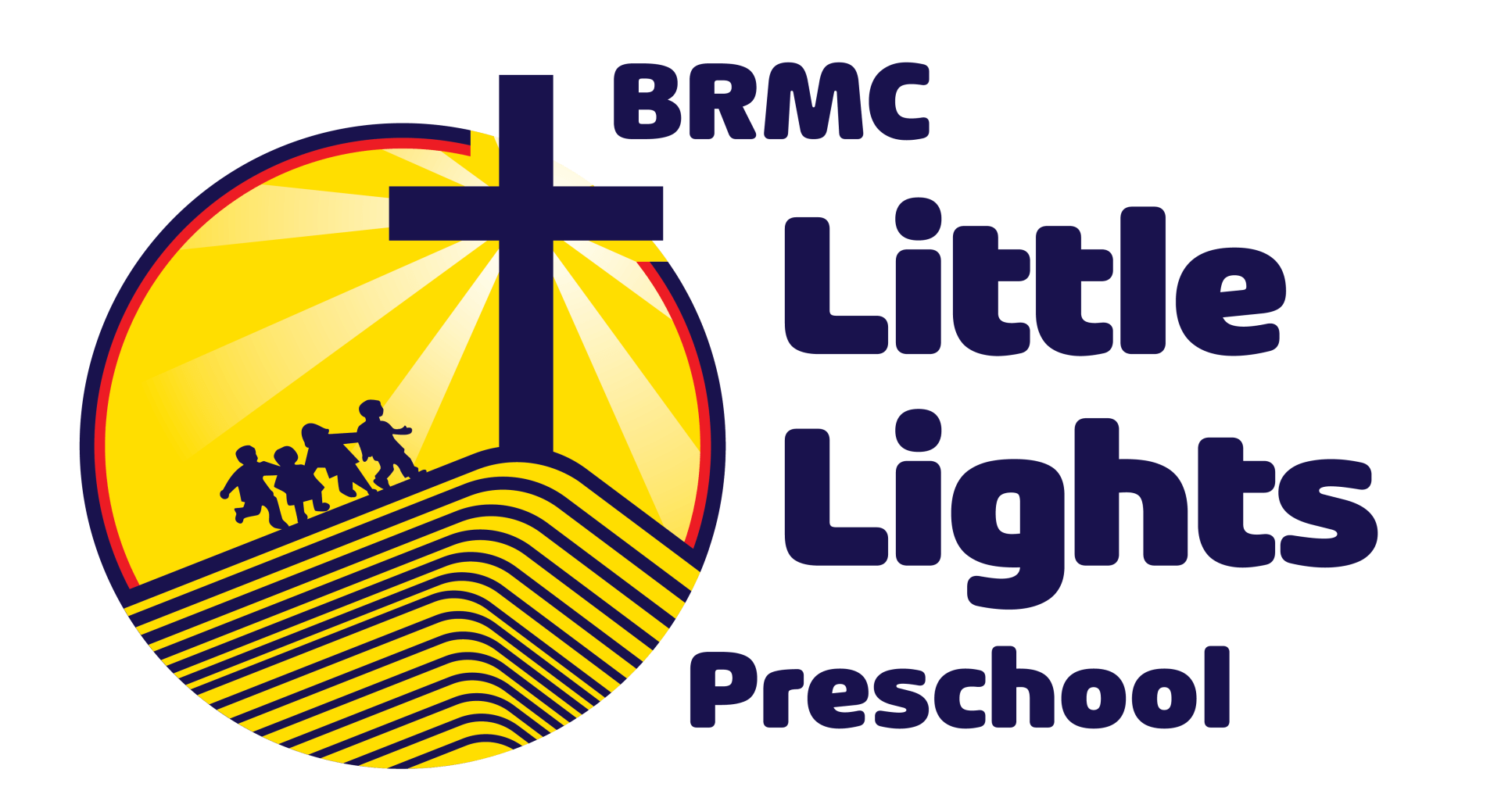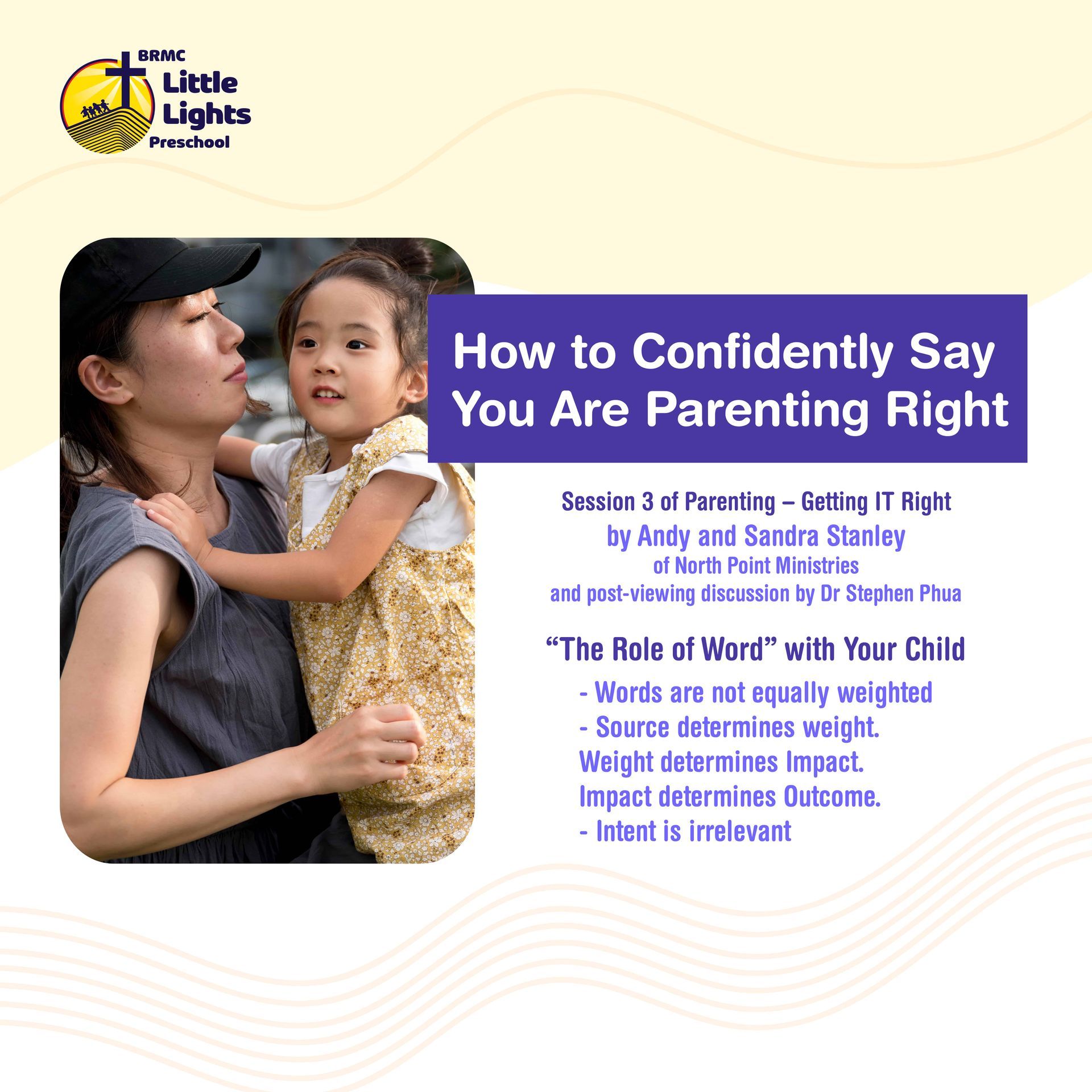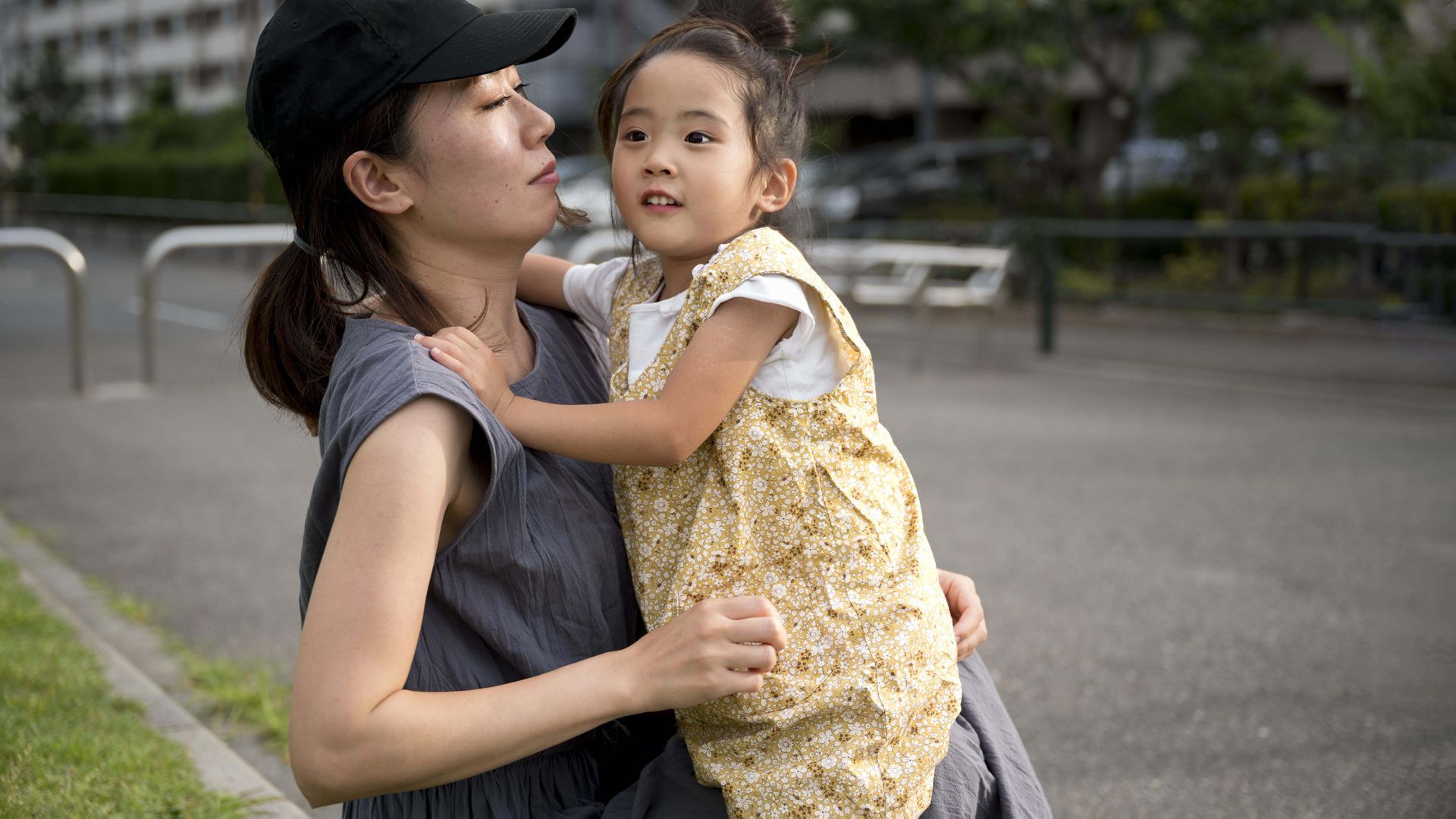1. Words are not equally weighted.
a. Have you ever noticed how your child reacted or responded to what you said to them?
b. What stood out to you?
c. Think about a time when you have spoken to your child to help counterbalance negative words they received from someone else - a sibling, classmate, friend, teacher, or coach.
d. Did your words have the effect you desired?
e. How could you tell?
f. Negative words used in corrections affect your connections with your child. In your attempt to correct, use positive words. Connection is more important than correction.
Think before you speak. If the negative comments have wrong intentions, such as asserting your authority and have nothing to do with the child’s action, you will need to apologize immediately. Best to express with positive words your approval and encouragement to your child.
g. Most parents want to use their words carefully and deliberately, conveying love and acceptance even when correcting, challenging, or expressing difficult emotions.
h. Intending and doing are not the same, though. At the moment, in the pressures and problems of everyday life, many parents miss opportunities to provide the life-giving words their kids long to hear.
i. While your spoken words carry extraordinary weight, your written words are also incredibly impactful, depending on the timing, age, and stage of your children. It's not uncommon for parents to write a loving message when a birthday, Christmas, or another special occasion rolls around. But sometimes, words reverberate the most during an ordinary day.
j. While the words and tones we choose have the power to build and protect our children’s self-esteem, our words have the power to preserve something equally, if not more critical – influence. As parents, we want to preserve our influence as long as possible.
2. Source determines weight. Weight determines Impact. Impact determines Outcome.
a. Your words as parents carry much weight.
b. Sometimes, what is unspoken carries more weight than what is spoken. The power of parental words is different, though. There are words that every human long to hear from their parents-basically "I love you" and "I'm proud of you." While these may seem like messages every parent communicates to their children, not just once but frequently, many people never hear these words they long to hear. They may sense their mother's or father's love and implicitly believe that their parents are indeed proud of them, but there's power in hearing those words and receiving them that cannot be overstated. You may have similar words that went unspoken that you longed to hear from a parent.
3. Intent is irrelevant.
a. When you have made a mistake with words which hurt or damaged your child, what you intended doesn’t matter. Do not try to explain your intent after your apologies, as the intent will suggest blame and shame and could be seen as an excuse. There is no correlation between intention and outcome. Unintentional impact still leaves a mark that requires healing.
b. Don’t blame your kids for what they feel when your words hurt them. Their hurt is immediate, and recovery takes time. Don’t force proximity or coerce forgiveness from your child following your hurtful words and apologies. Leave them to decide when the child wishes to be close to you, and more often, they will want to reconcile with you and get connected as soon as the hurt is healed.



